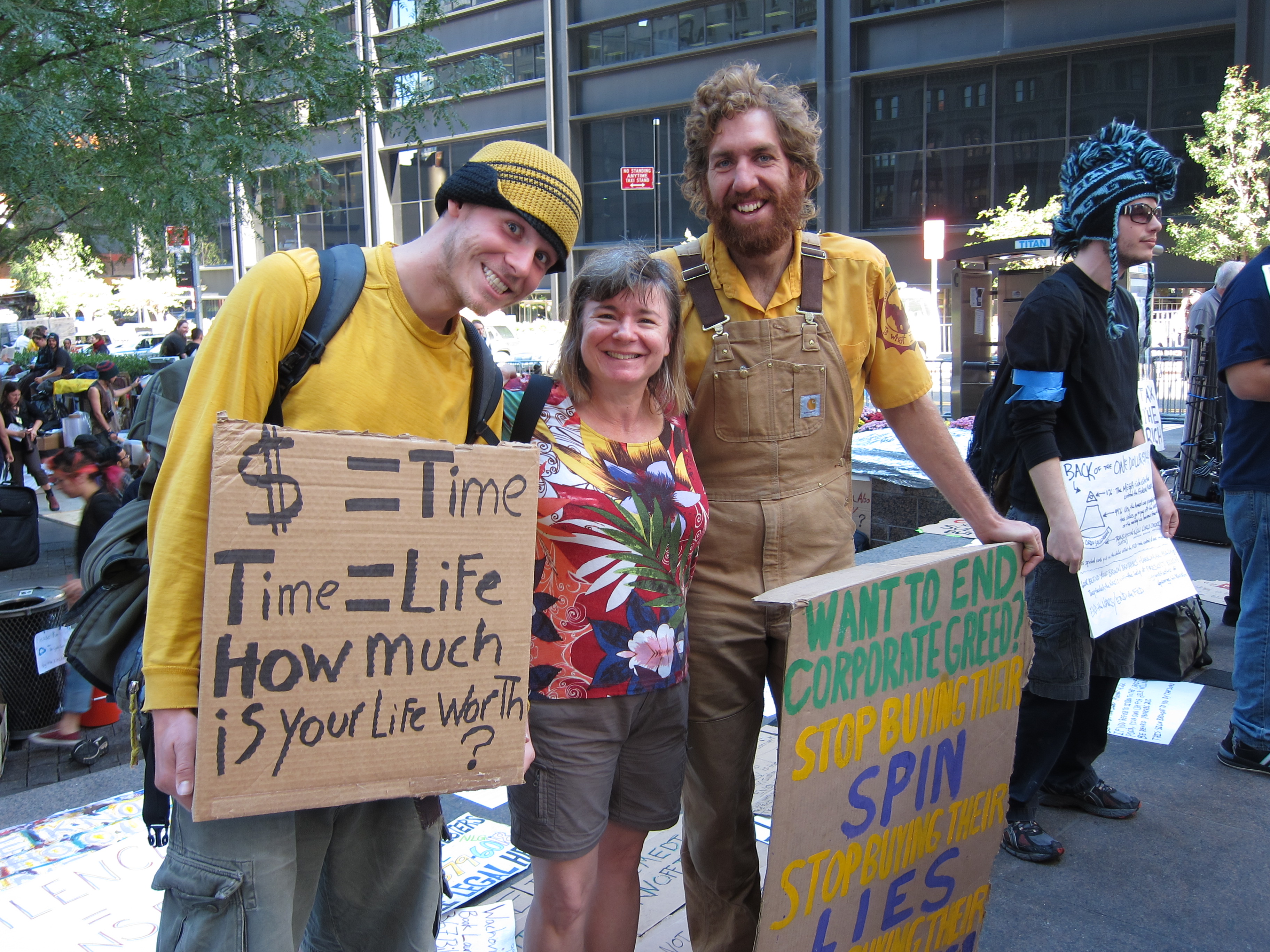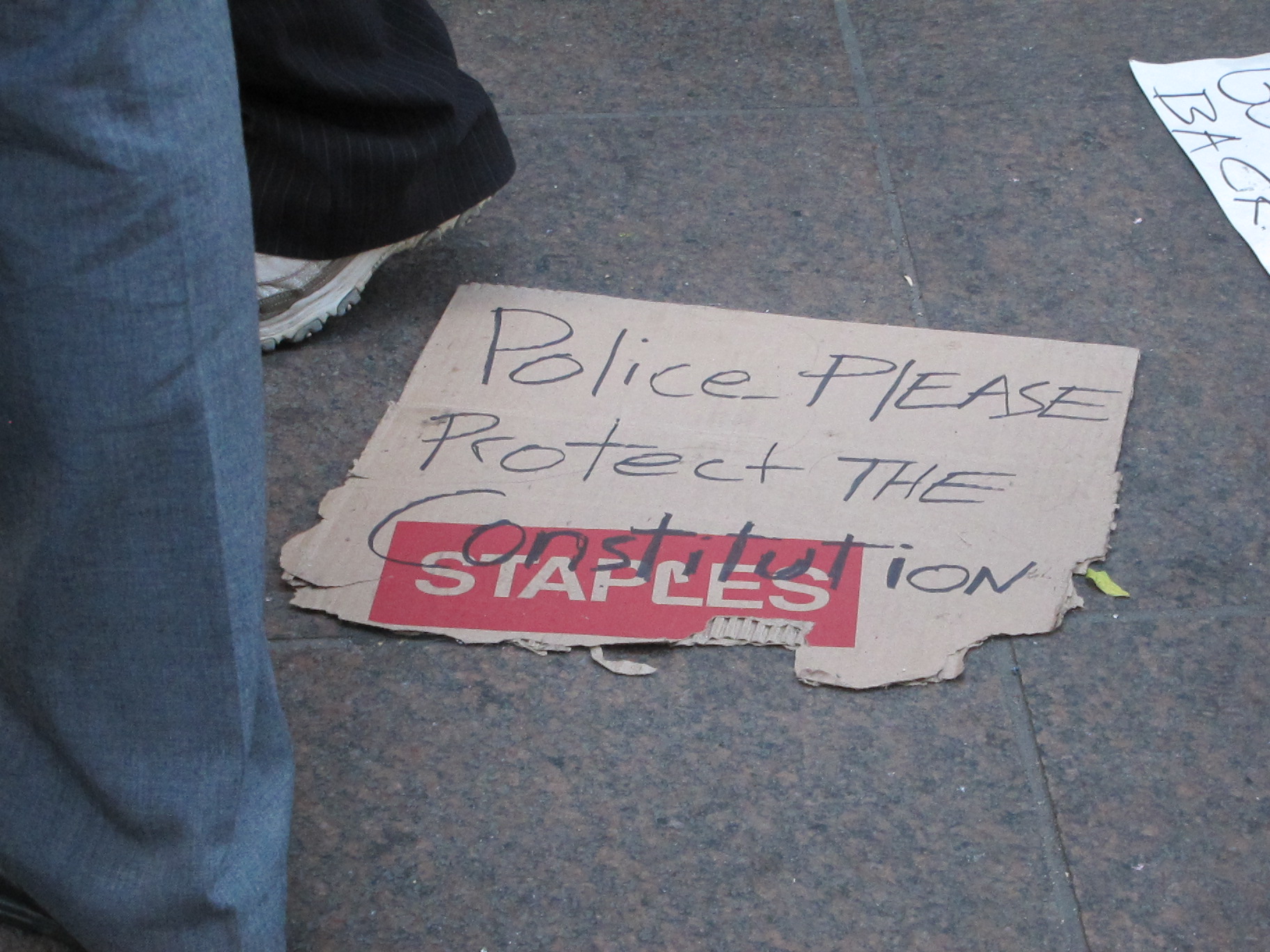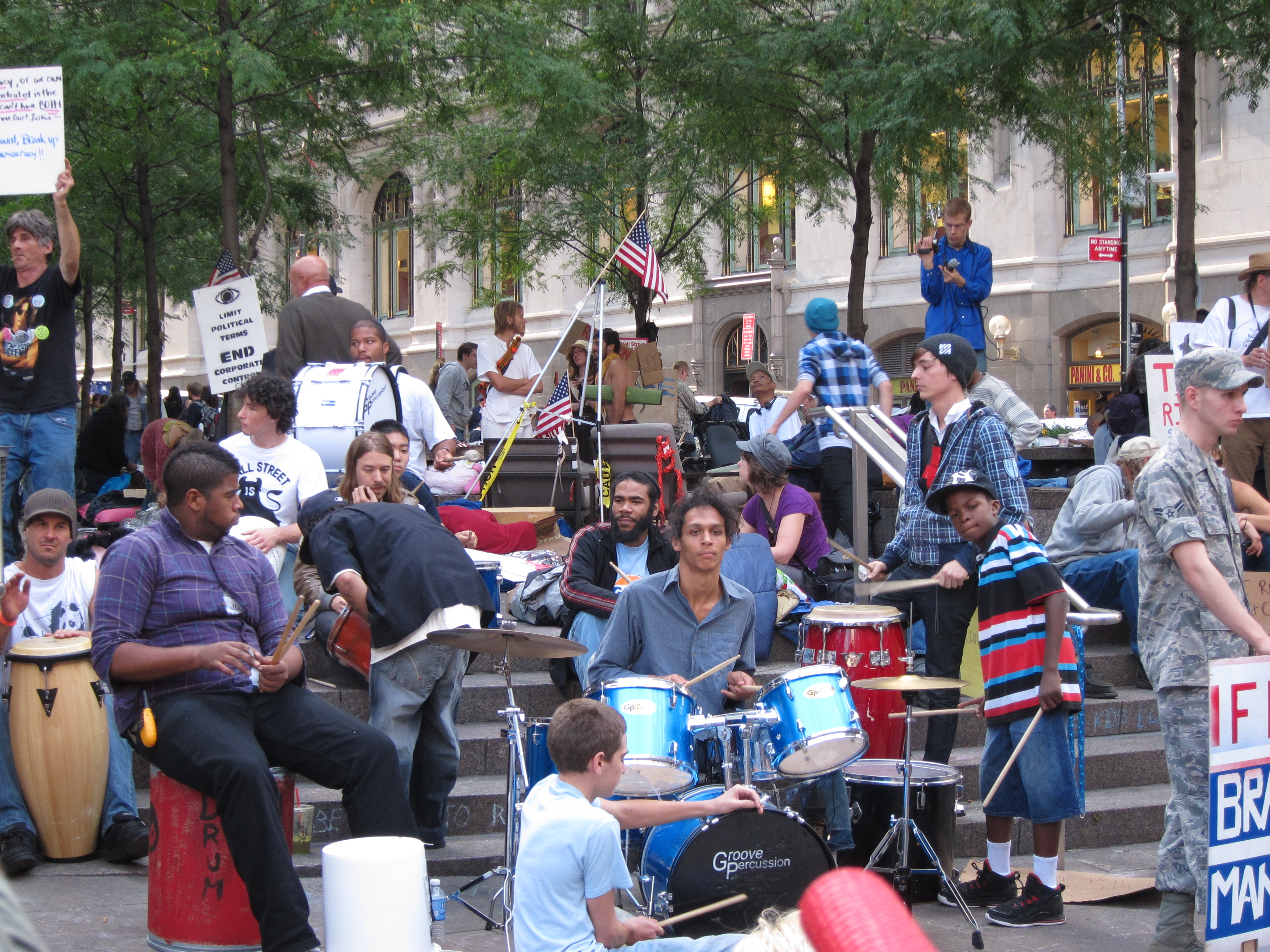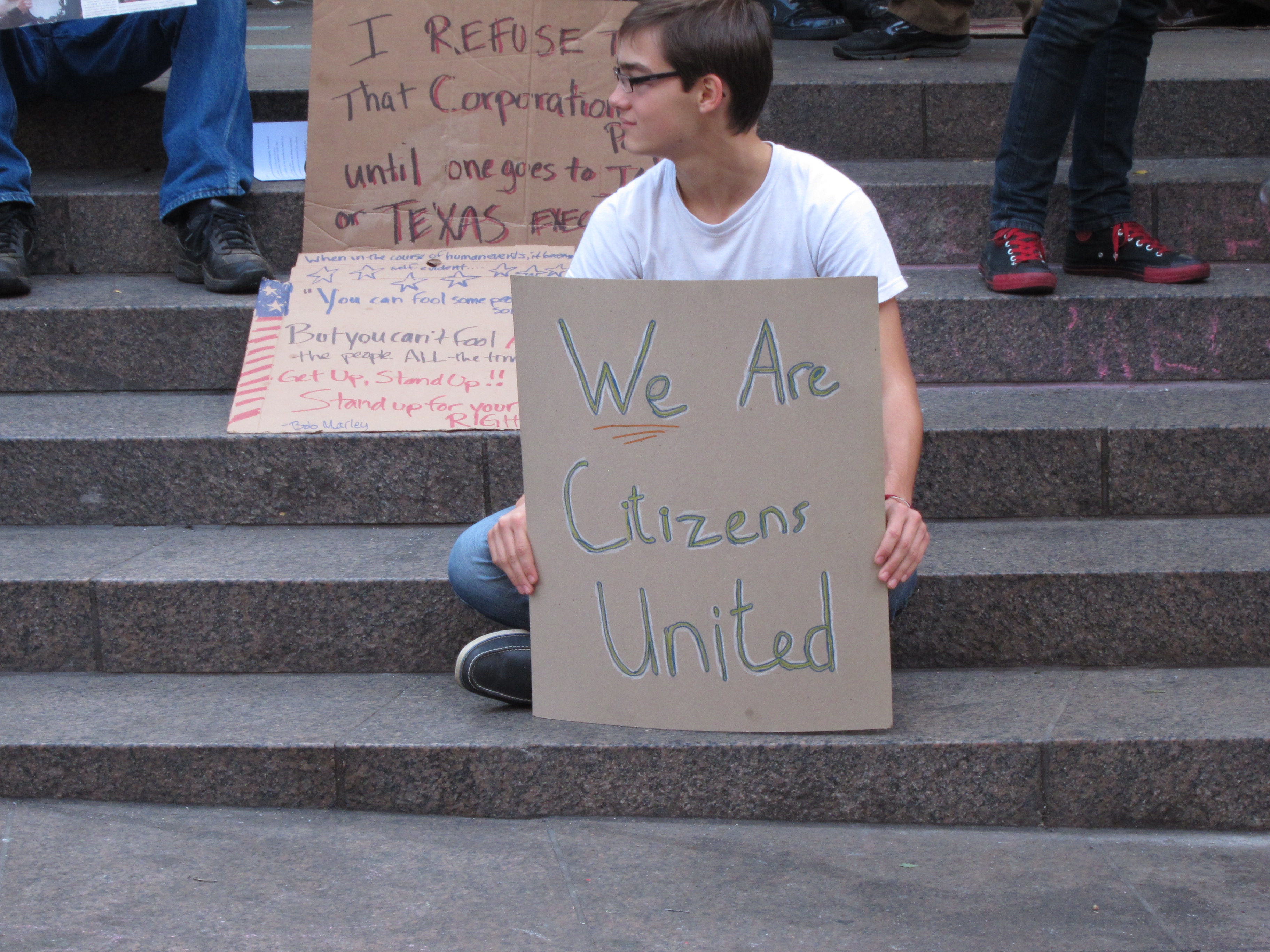On this Independence Day, this is my wish for you:
- That you know freedom from fear
- That you have freedom from hunger
- That you cherish the love of family and friends
- That you have an abundant creative life
- That you are willing to take calculated risks
- That you live with passion and abundant joy
In the midst of the name-calling and mudslinging of our politics today, it’s easy to forget that we ALL love our country. We may disagree on what’s best for our people, but we fight because we care. We fight because it matters to us. We fight because in spite of all our many problems, we’re still the best deal on the planet.
Truth is, we must become free in our minds, souls, and spirits before we can have true freedom in this country. We must have the strength to say no to sick relationships, to manage our health, to get our finances in order. We must have the honesty to face our challenges and the willingness to do the work to overcome them. We must find ways to serve in our communities, because collaboration works and solves problems. We must learn to count our blessings and to help lift each other up. When we do this, then what our crazy politicians do matters less. It is We the People, after all. Together.



